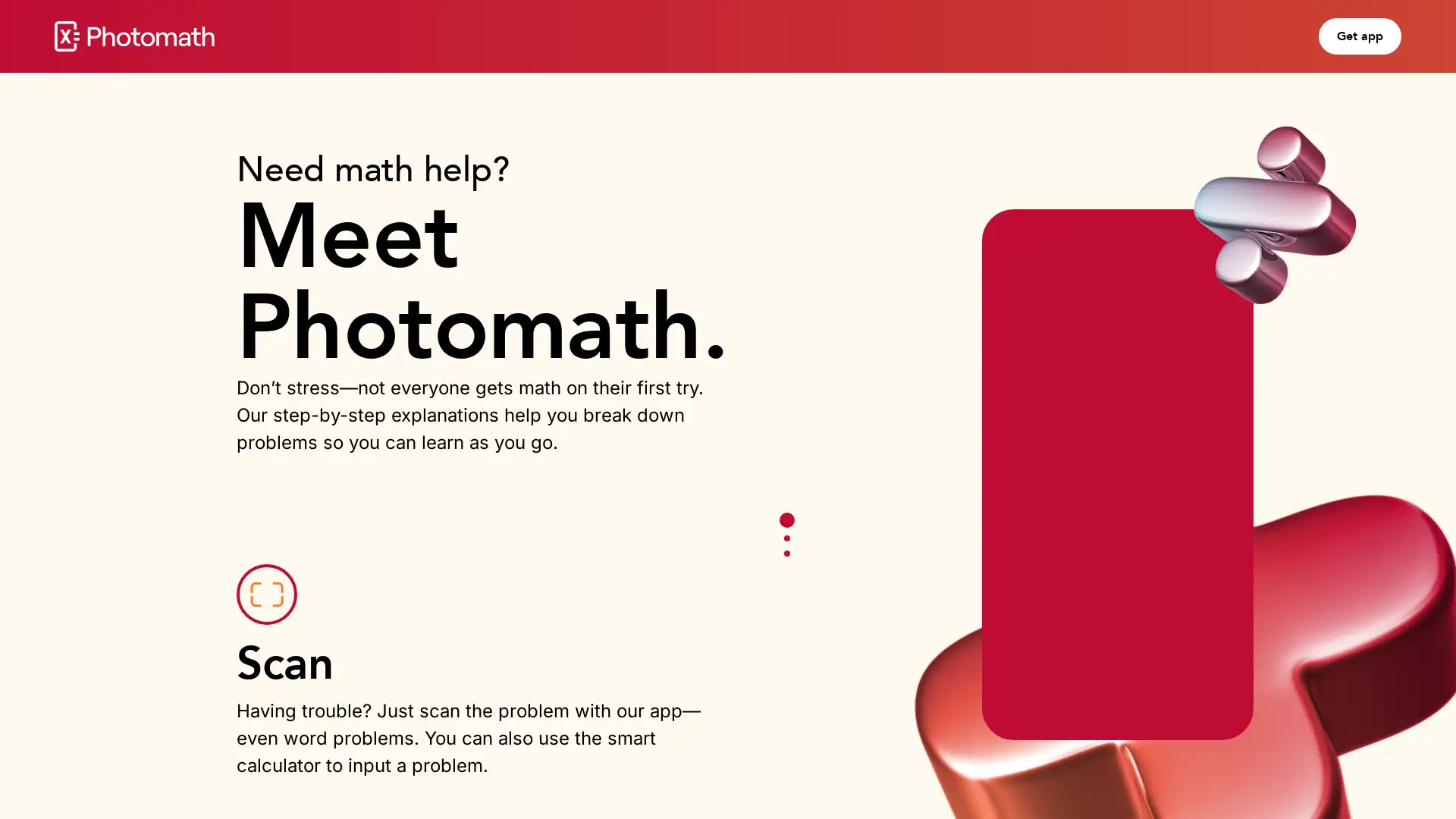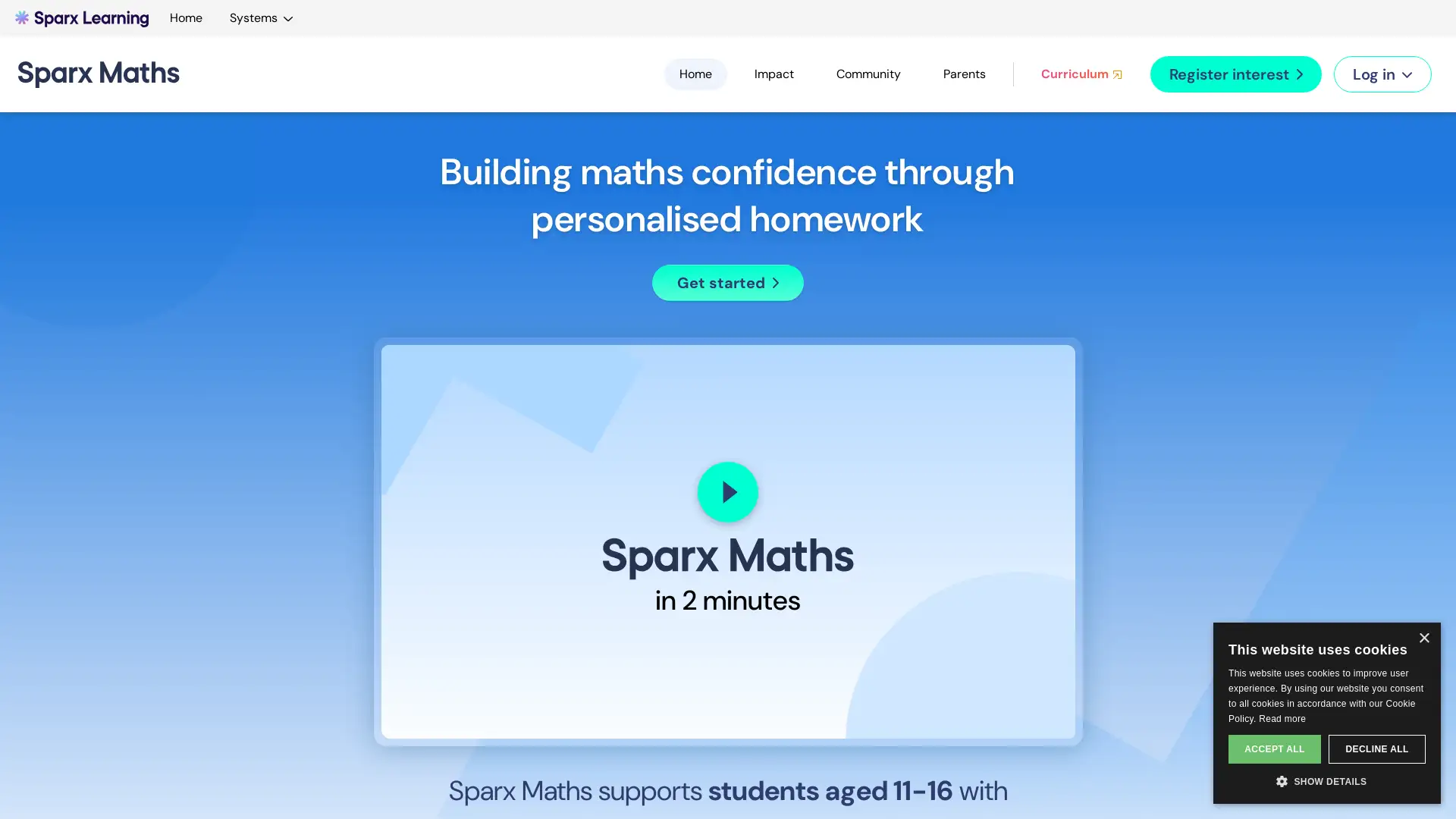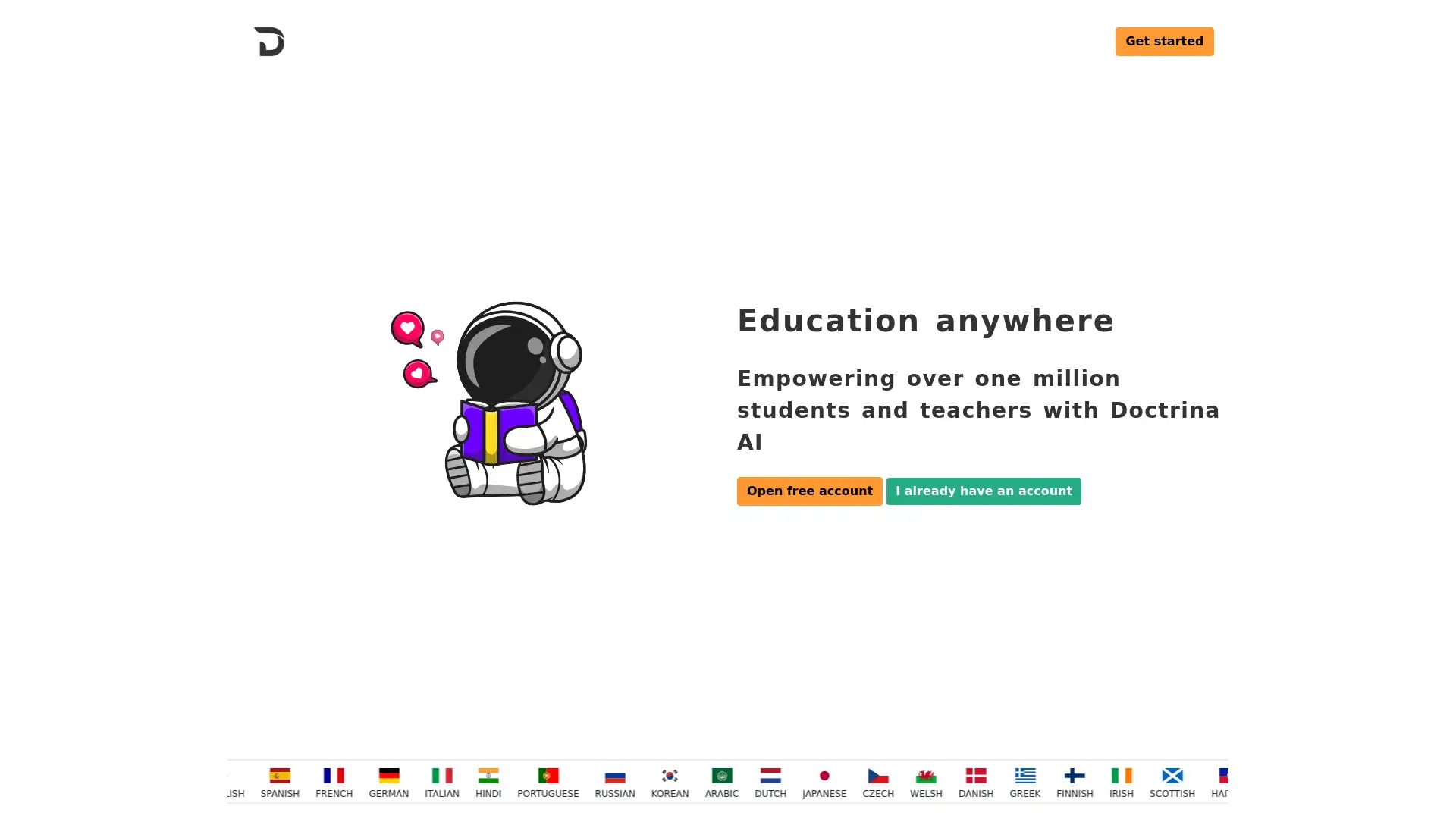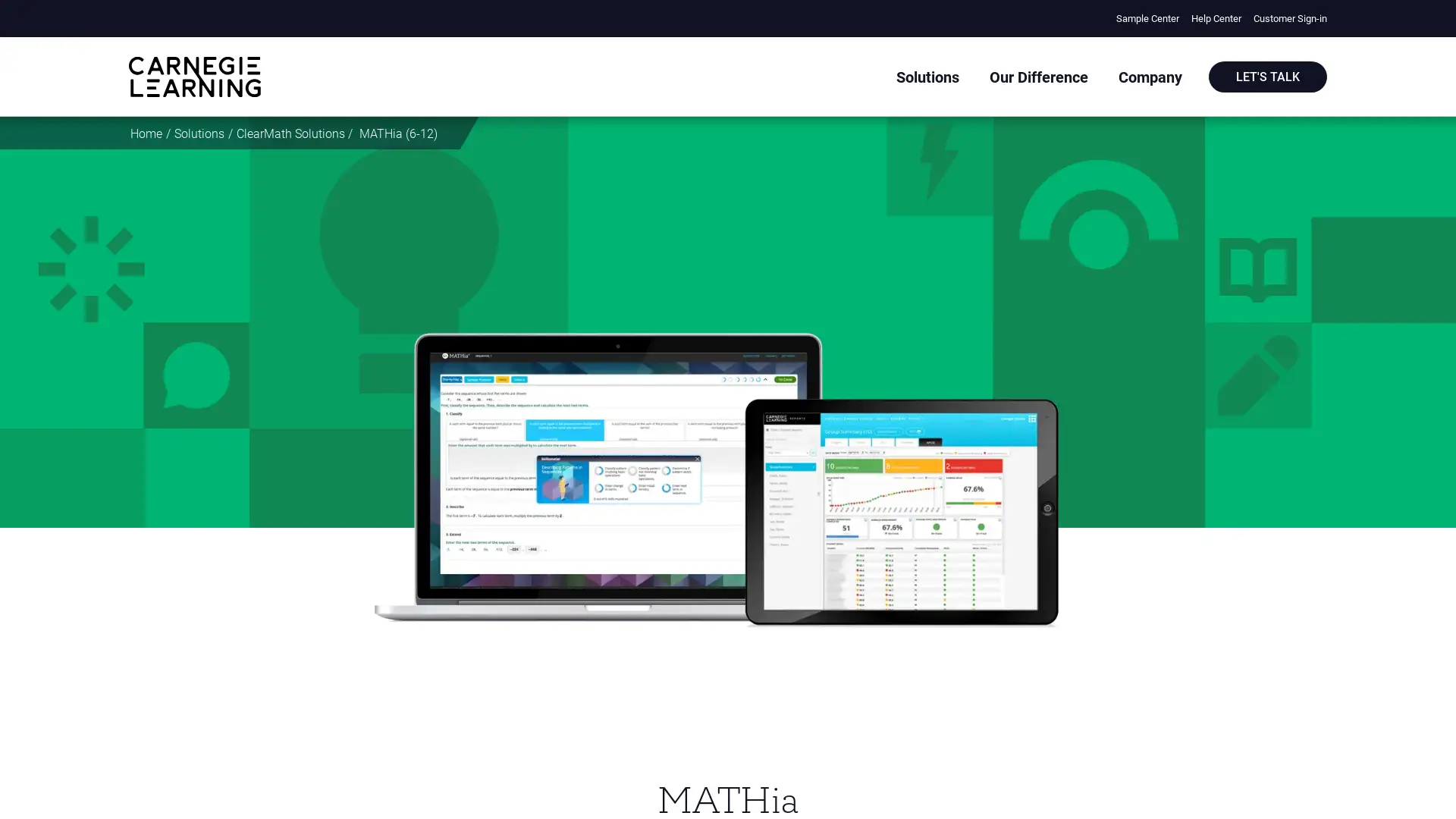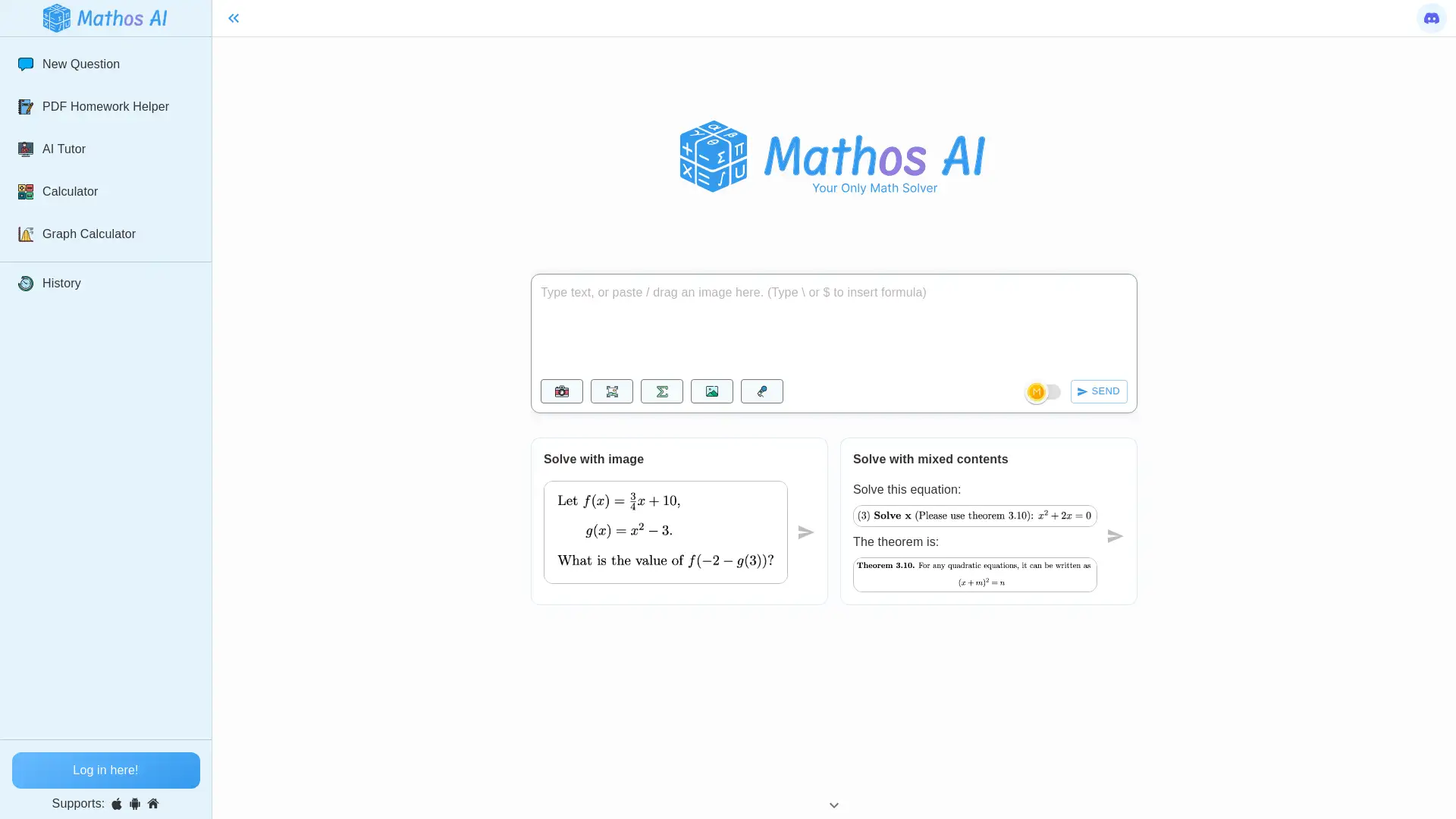Best 11 AI Tools for Math Learning in 2024
StepWisemath AI, Socratic, Photomath, Math Papa, Sparx Maths, Geogebra, Doctrina AI, Delta Math, Mathia, Desmos, MathGPT Pro are among the best paid and free Math Learning tools available.
AI Tools for Math Learning: An Overview
AI tools for Math Learning are advanced digital platforms that leverage artificial intelligence to support and enhance mathematics education. These tools are designed to assist students and educators in solving mathematical problems, creating interactive lessons, tracking student progress, and offering personalized learning experiences. By utilizing AI, these tools can adapt to individual needs, helping learners understand complex concepts more easily, making math education more engaging and effective.
Key Features of AI Math Learning Tools
AI tools in the Math Learning domain offer several unique features. These include customizable math assignments, real-time student progress tracking, AI-driven learning environments, interactive problem-solving interfaces, and automated feedback mechanisms. Many tools incorporate advanced analytics to identify learning gaps and tailor the curriculum to each student. They are also scalable, supporting both individual learners and larger classrooms, and often integrate well with other educational systems or platforms.
Who Can Benefit from AI Math Learning Tools?
These tools are ideal for students, educators, and educational institutions looking to enhance the teaching and learning of mathematics. Novices can easily access them due to user-friendly interfaces, while more advanced users, like educators and developers, can customize the tools to fit specific curriculum needs. Both K-12 students and professionals seeking to deepen their math skills can benefit, as can schools aiming to modernize their teaching methods with AI-based solutions.
Further Insights into AI-Based Math Learning Solutions
AI tools in Math Learning serve as highly adaptable solutions that can be customized for different sectors, including formal education, tutoring, and self-learning environments. These tools are designed to be user-friendly, providing accessible interfaces for beginners and scalable functionalities for professionals. Additionally, their capability to integrate with broader educational systems makes them invaluable for a wide range of users looking to enhance the learning and teaching of mathematics.


